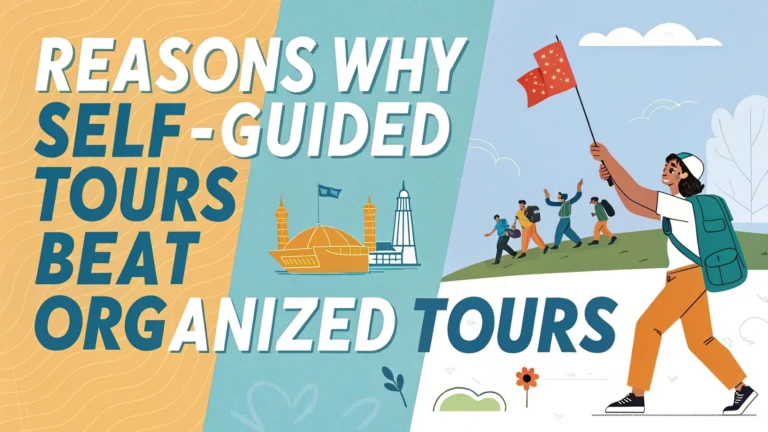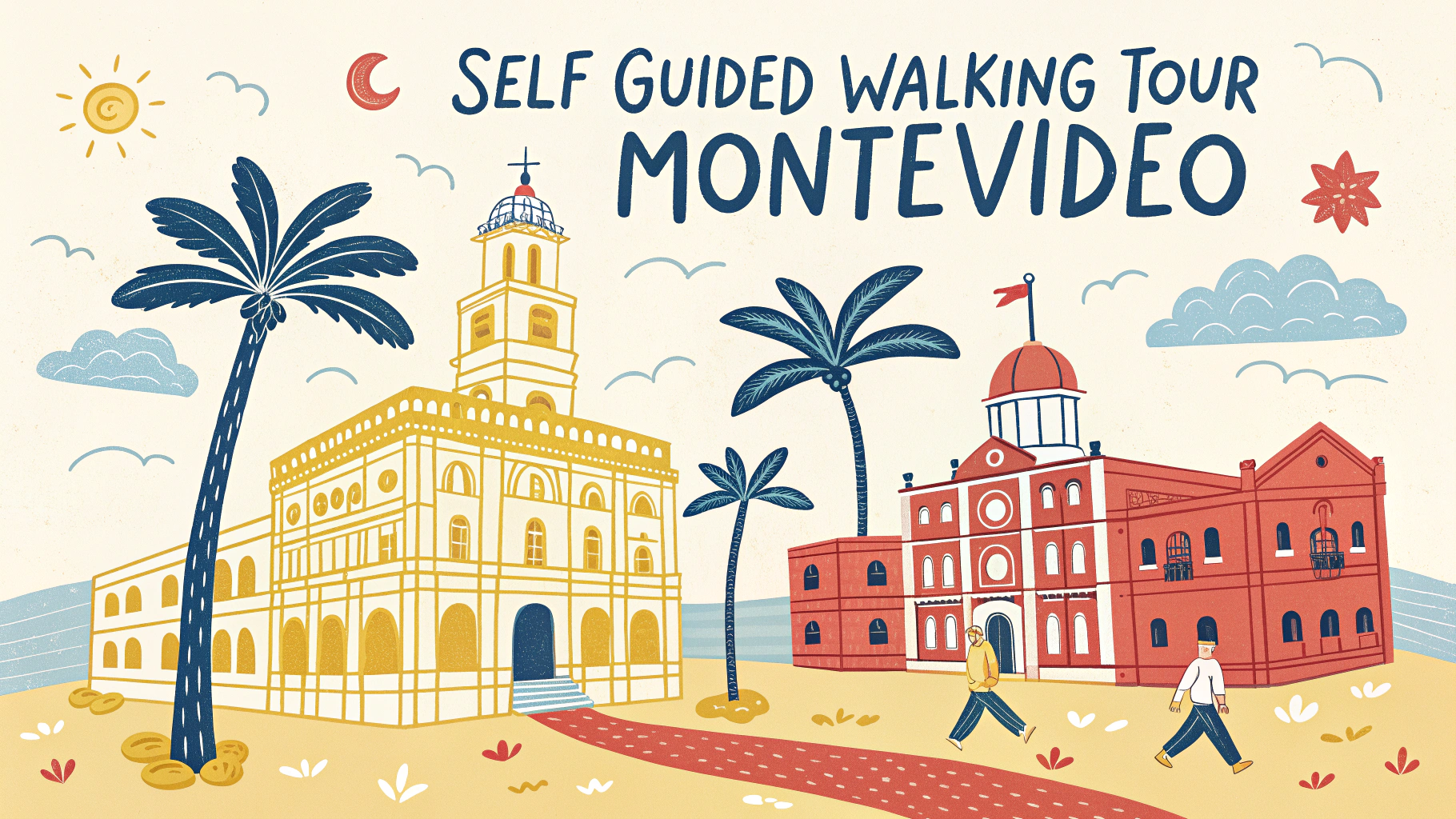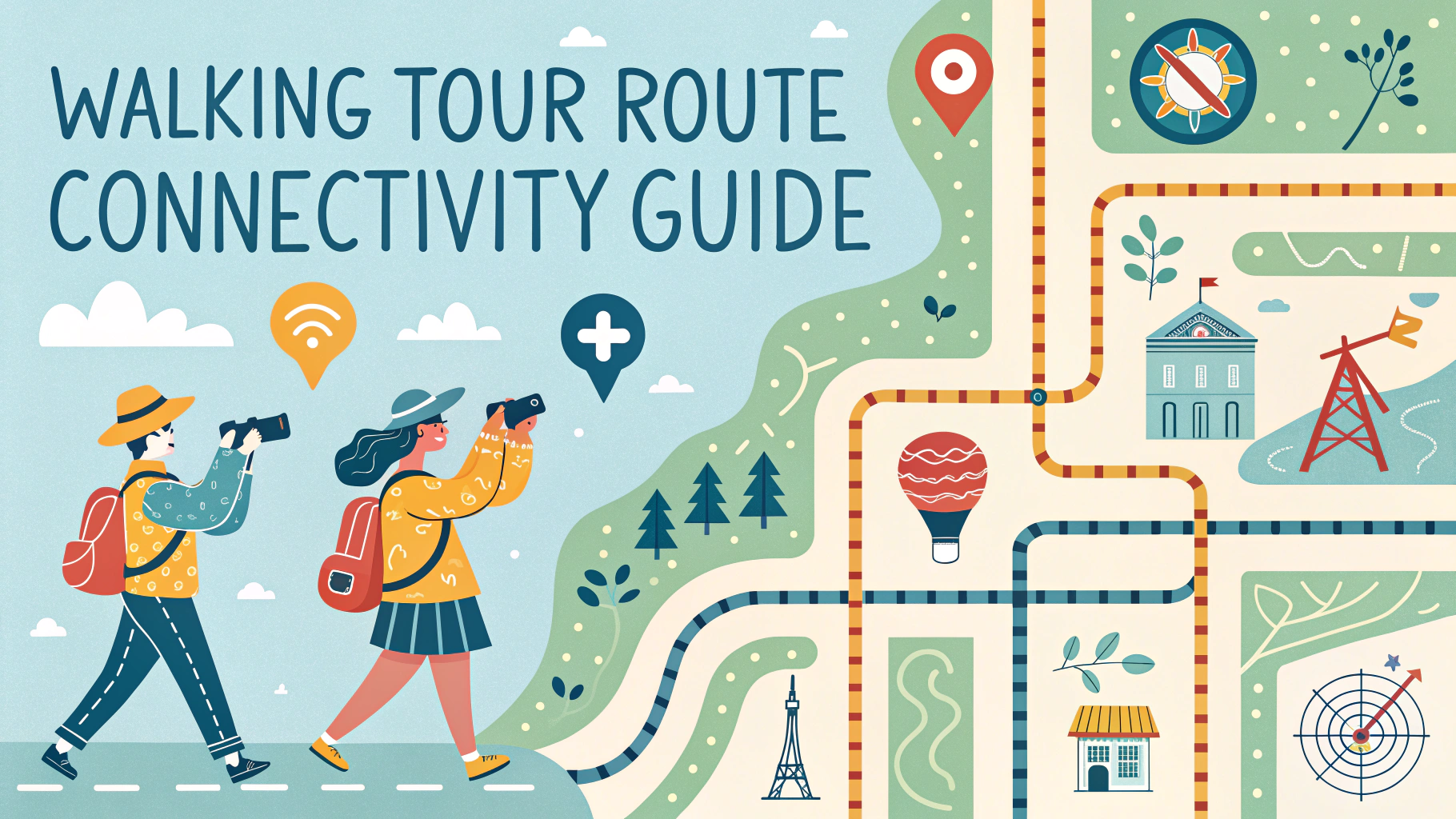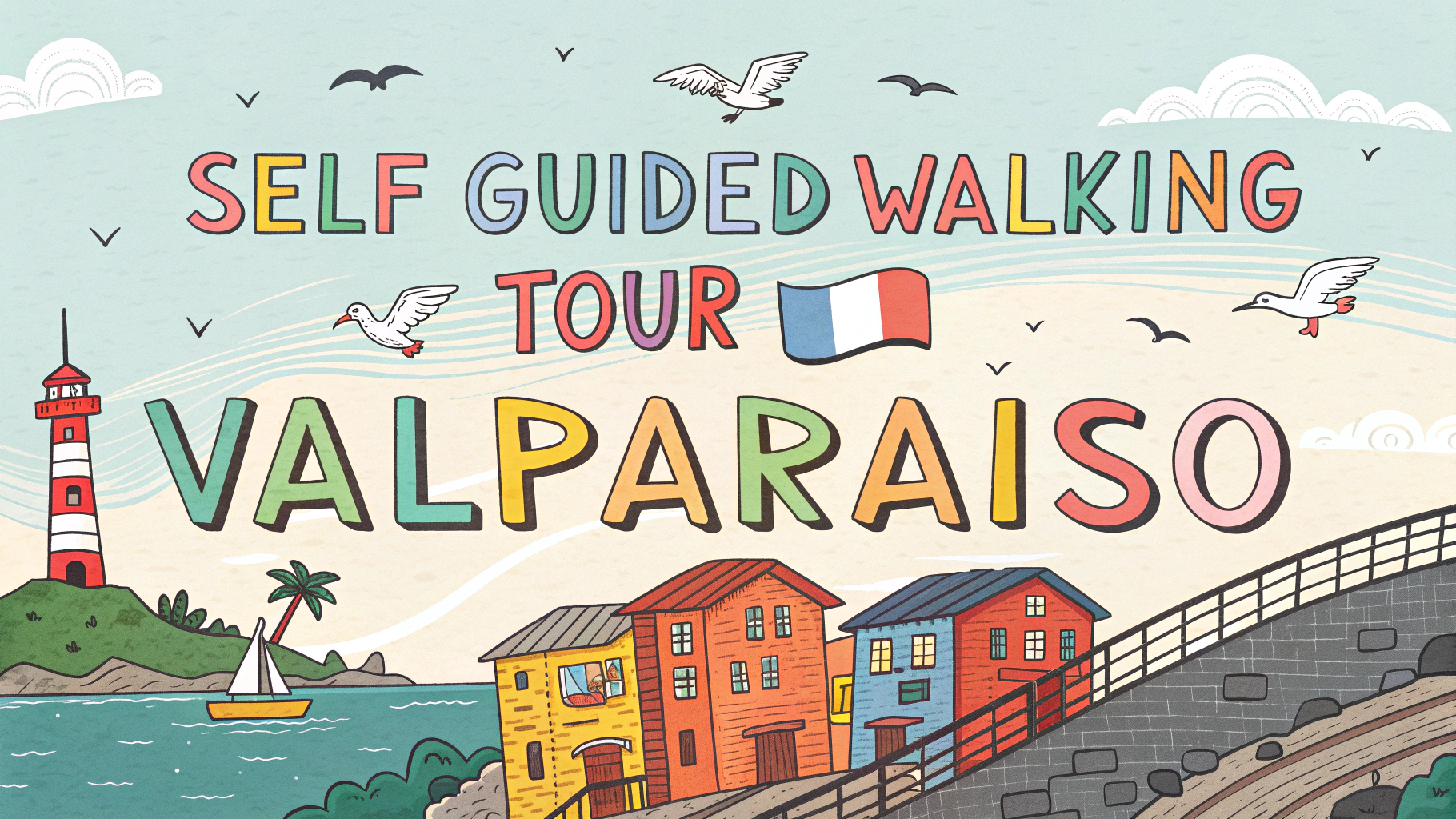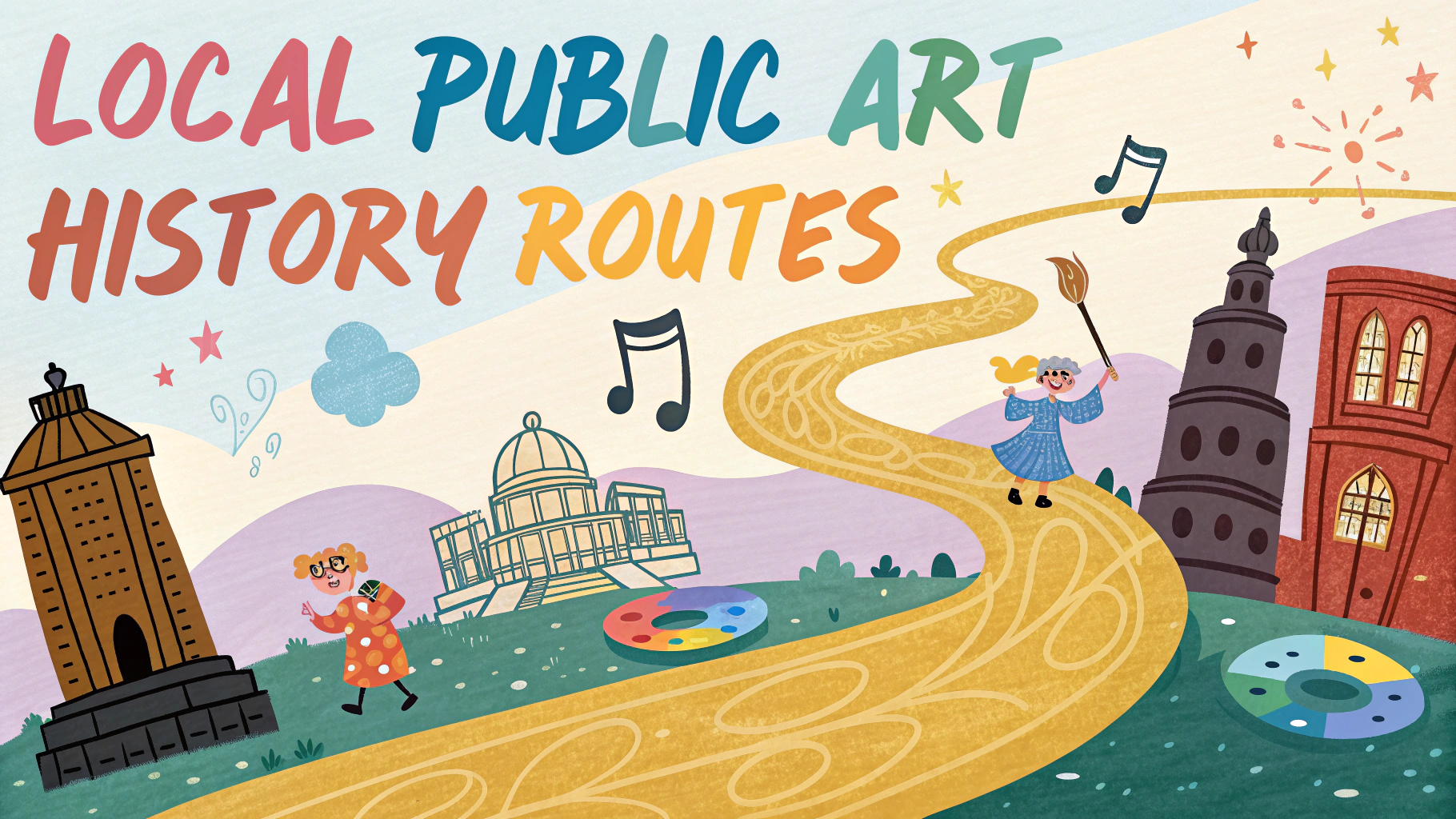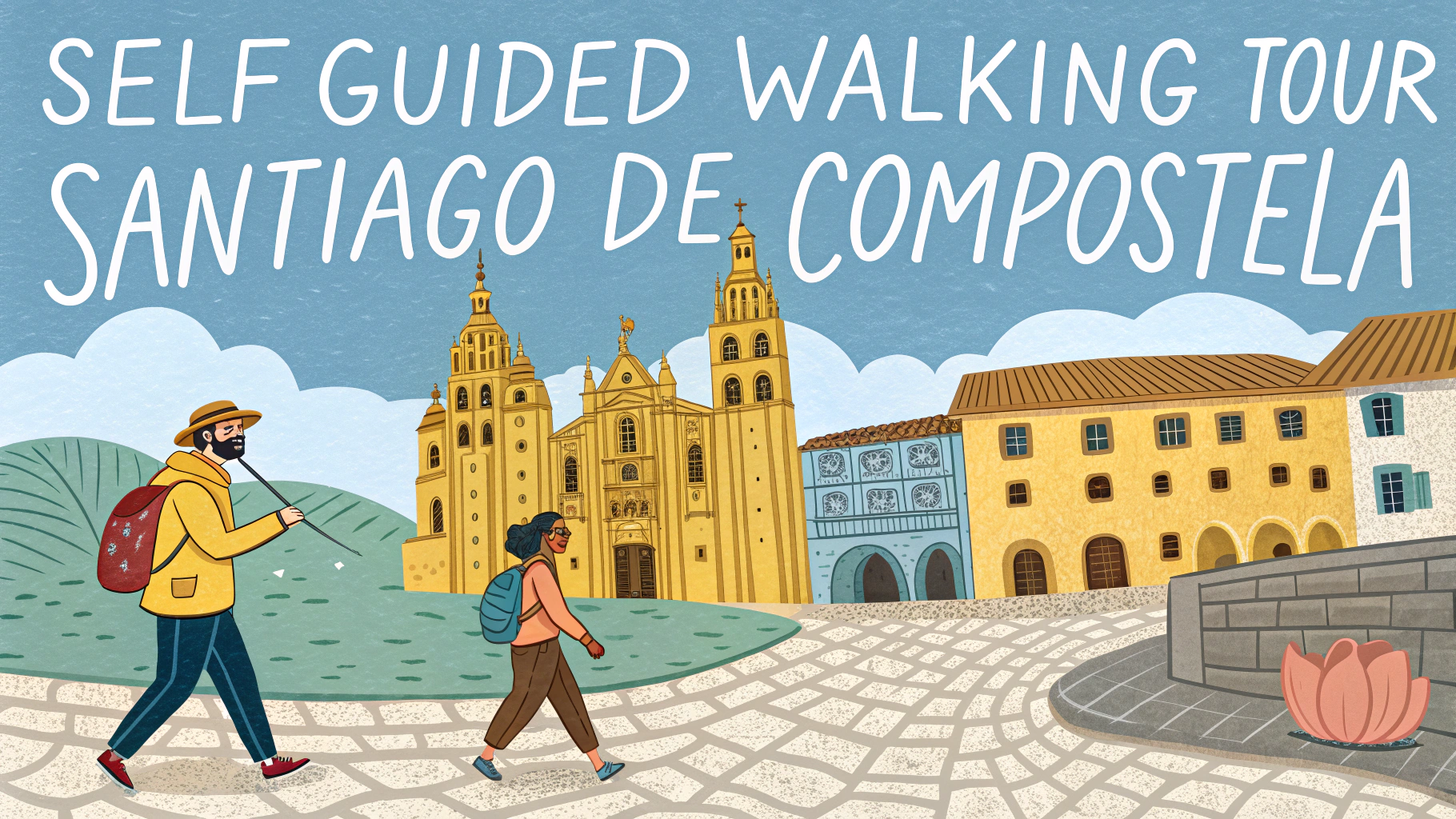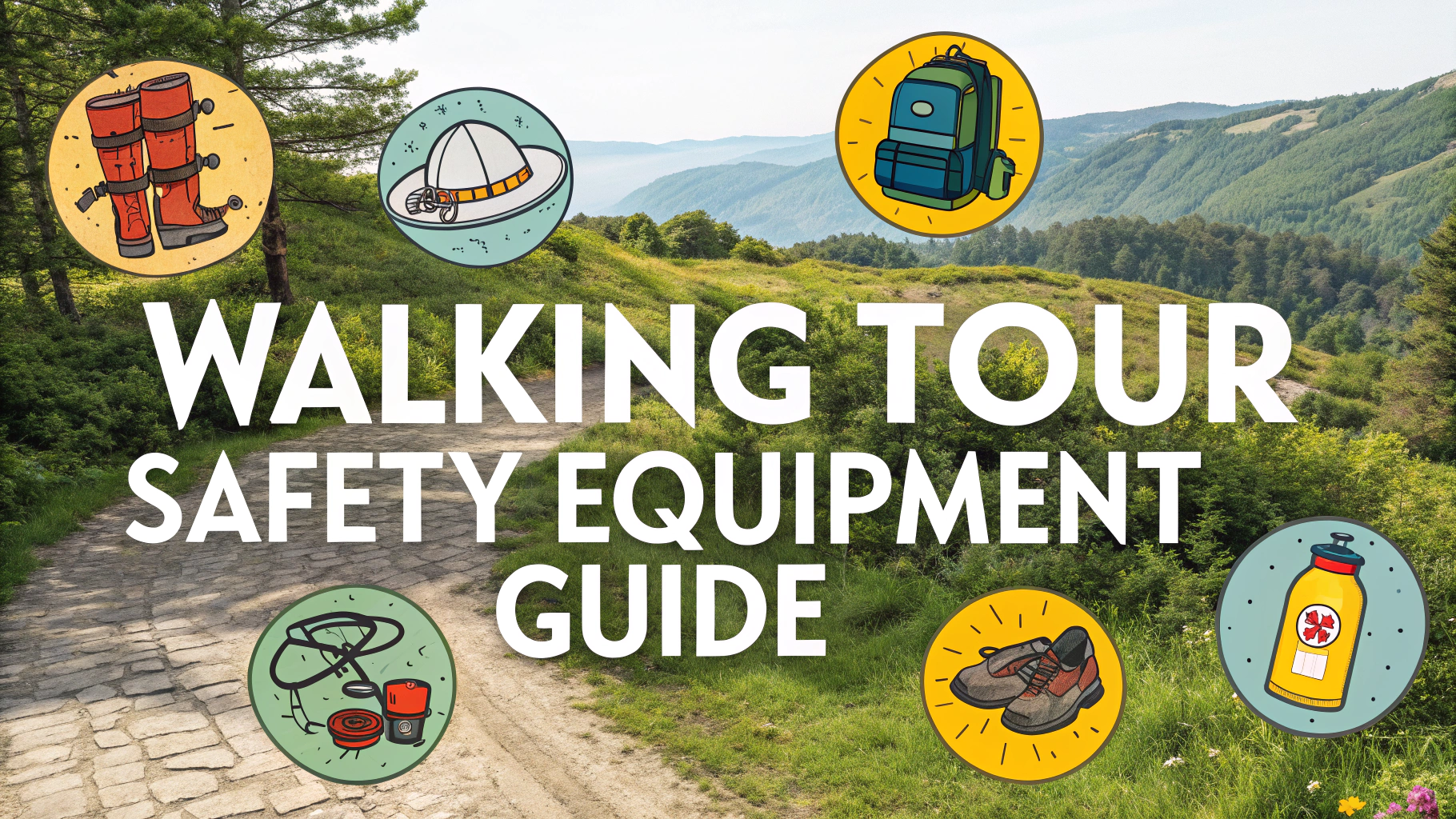Exploring new destinations at your own pace offers unmatched freedom and flexibility compared to organized group tours.
1. Set Your Own Schedule
Self-guided tours let you start, stop, and adjust your itinerary whenever you want without waiting for other group members.
2. Budget Control
Planning your own route helps save money by choosing affordable accommodations, dining options, and transportation that match your budget.
3. Authentic Local Experiences
Without the constraints of a tour group, you can wander into local neighborhoods, chat with residents, and discover hidden gems off the tourist track.
4. Photography Freedom
Take all the photos you want without rushing or holding up a group, perfect for capturing those Instagram-worthy shots.
5. Dietary Flexibility
Choose restaurants and meal times that accommodate your personal preferences and dietary requirements.
6. Personalized Pace
Move as quickly or slowly as you like through attractions, spending more time at places that interest you most.
7. Privacy and Independence
Avoid the social dynamics and potential conflicts that can arise in tour groups.
8. Learning Opportunities
Research and learn about destinations beforehand enhances the experience and creates deeper connections to the places you visit.
9. Technology Support
Modern apps and digital guides make self-guided tours easier than ever with offline maps, audio guides, and real-time translations.
Recommended Apps for Self-Guided Tours:
- Maps.me – Offline maps and navigation
- Google Maps – Location sharing and reviews
- Rick Steves Audio Europe – Free audio guides
- Google Translate – Real-time translation
10. Spontaneous Adventures
Follow interesting leads, accept local invitations, and make unexpected discoveries without the restrictions of a fixed tour schedule.
Safety Tips for Self-Guided Tours:
- Share your itinerary with family or friends
- Keep emergency contacts handy
- Download offline maps before departure
- Research safe neighborhoods
- Carry a portable charger
Planning your first self-guided tour? Start with these easy steps:
- Pick a walkable destination with good public transportation
- Download essential apps before departure
- Create a flexible itinerary with major attractions
- Book accommodations in central locations
- Pack comfortable walking shoes and weather-appropriate gear
Transportation Tips
Research local transit options and consider purchasing multi-day passes to save money and maximize flexibility during your stay.
Accommodation Strategy
Book accommodations with free cancellation policies to maintain flexibility and consider locations near public transportation hubs.
Types of Lodging to Consider:
- Boutique hotels with local character
- Serviced apartments for longer stays
- Guesthouses with local hosts
- Well-reviewed hostels for budget travel
Cultural Preparation
Learn basic phrases in the local language and research cultural customs to show respect and enhance interactions with locals.
Essential Packing Items
- Universal power adapter
- Portable Wi-Fi device
- Weather-resistant day bag
- Basic first-aid supplies
- Backup paper maps
Money Management
Notify your bank of travel dates, carry multiple payment methods, and research local tipping customs before departure.
Conclusion
Self-guided tours offer unparalleled freedom to explore destinations authentically while developing valuable travel skills. With proper preparation and modern technology, independent travelers can confidently navigate new places while creating meaningful, personalized experiences.
Remember that successful self-guided tours balance advance planning with flexibility, allowing for both structured exploration and spontaneous discoveries. Start with shorter trips to build confidence before tackling more challenging destinations.
FAQs
- What exactly is a self-guided walking tour and how does it differ from organized tours?
A self-guided walking tour is an independent exploration where you follow a predetermined route at your own pace using maps, apps, or guidebooks, unlike organized tours which have fixed schedules and tour guides. - How much money can I save by choosing a self-guided tour over an organized tour?
Self-guided tours typically cost 40-60% less than organized tours since you’re not paying for a guide, group transportation, or tour operator overhead costs. - What tools and resources do I need for a successful self-guided walking tour?
Essential tools include a detailed map or GPS-enabled walking tour app, comfortable walking shoes, a fully charged mobile phone, a portable charger, and downloaded offline maps of the area. - Is it safe to do self-guided walking tours in unfamiliar cities?
Yes, it’s generally safe when you research routes beforehand, stick to well-traveled areas, tour during daylight hours, and keep emergency contact numbers handy. - Can I modify or customize a self-guided walking tour route?
Yes, you have complete flexibility to modify routes, skip locations, spend more time at preferred spots, or add additional points of interest to your itinerary. - What happens if I get lost during a self-guided walking tour?
Modern navigation apps, offline maps, and GPS tracking make it easy to get back on track. You can also ask locals for directions or use ride-sharing apps if needed. - How long does a typical self-guided walking tour take?
Most urban self-guided walking tours take 2-4 hours to complete, but you can extend or shorten the duration based on your pace and interests. - Do I need an internet connection for self-guided walking tours?
While helpful, internet isn’t essential if you download offline maps and tour information beforehand. Many walking tour apps work offline once downloaded. - What are the best times to start a self-guided walking tour?
Morning hours (9-11 AM) are ideal as attractions are less crowded, temperatures are cooler, and you have plenty of daylight hours ahead. - Should I book or pay for self-guided walking tours in advance?
While some premium self-guided tour apps require payment, many free options exist. Historic sites or museums along the route may require separate admission fees.
